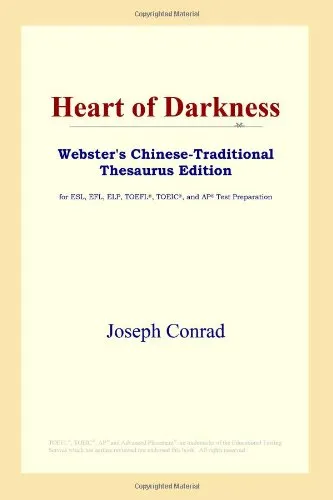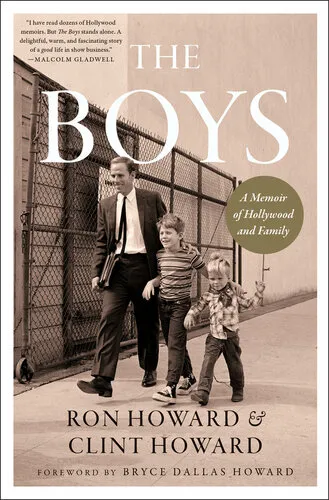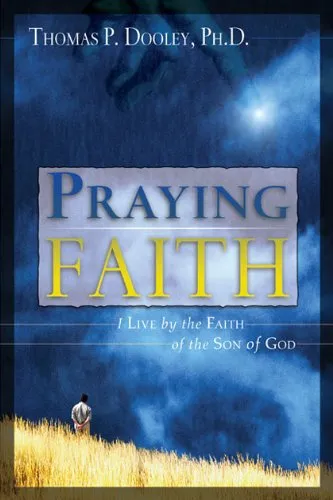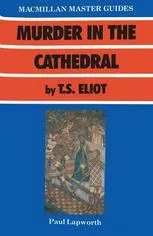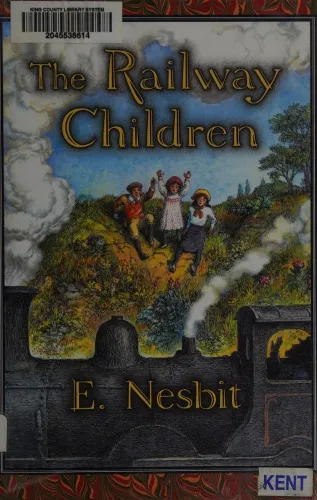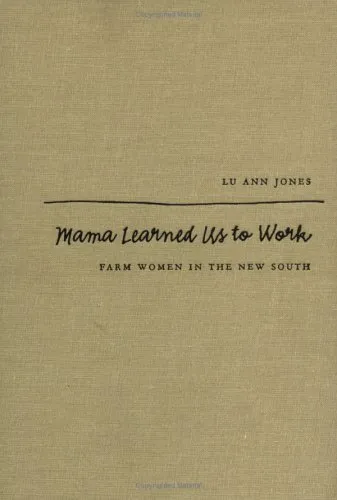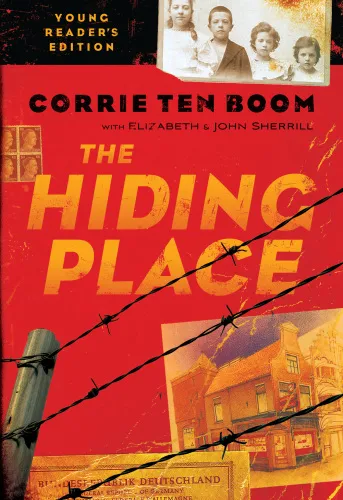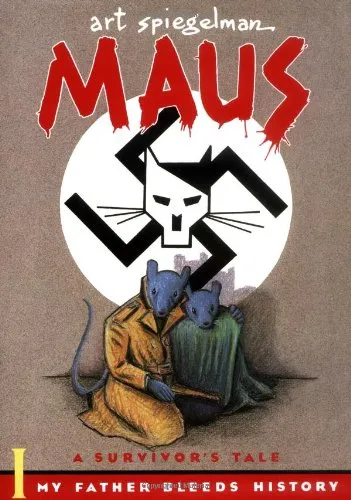Cliffsnotes on Kingsolver's the Poisonwood Bible
4.3
Reviews from our users

You Can Ask your questions from this book's AI after Login
Each download or ask from book AI costs 2 points. To earn more free points, please visit the Points Guide Page and complete some valuable actions.Related Refrences:
Introduction
Welcome to the ultimate guide to understanding and appreciating Barbara Kingsolver's The Poisonwood Bible. This CliffsNotes guide aims to unlock the layers of meaning embedded in this rich and complex novel, providing readers with all the essential insights. Whether you're a student preparing for an exam or a reader keen to unravel deeper truths, this guide will serve as your companion in exploring the intricacies of Kingsolver's work.
Detailed Summary of the Book
The Poisonwood Bible, published in 1998, is a compelling narrative that weaves together the lives of the Price family as they embark on a missionary journey to the Congo in 1959. Led by the fervent but misguided Nathan Price, the family finds themselves entangled in the socio-political upheavals of a nation on the brink of revolution. Told from the perspectives of Orleanna Price and her four daughters—Rachel, Leah, Adah, and Ruth May—the novel captures their individual and collective experiences as their beliefs, relationships, and sense of identity are tested.
The story unfolds against the backdrop of the Congo's struggle for independence from Belgium, highlighting themes of colonialism, cultural misunderstanding, and familial disintegration. Kingsolver masterfully crafts each character's voice, providing a kaleidoscopic view of the challenges and transformations they endure. From the humor in Rachel's superficiality to the introspective insights of Adah, readers can explore the multifaceted layers of personal and historical narratives intertwined within the text.
Key Takeaways
- Colonialism and Cultural Arrogance: The novel vividly illustrates the consequences of imposing Western values and ideologies on a foreign culture, underscoring the destructive nature of cultural arrogance.
- Family and Identity: The Price family serves as a microcosm for exploring how external pressures can reshape individual identities and alter familial bonds.
- Guilt and Redemption: Orleanna's journey of guilt and Leah's search for redemption highlight the personal struggles for atonement against a backdrop of political turmoil.
- Environmental and Social Consciousness: Kingsolver draws attention to the interconnectedness of ecological and social systems, urging readers to consider the broader impacts of human actions on the environment and society.
Famous Quotes from the Book
"Everything you're sure is right can be wrong in another place." - A powerful reminder of the subjective nature of truth that resonates throughout the novel.
"There are more words in the world than no and yes." - Highlighting the complexities of communication and understanding across cultures.
"Guilt has got no pitchfork; guilt has no horns and no tail. It is his ghost in the mirror." - A poignant reflection on the haunting presence of guilt and its ability to consume one's conscience.
Why This Book Matters
Kingsolver's The Poisonwood Bible is more than just a historical novel; it's an exploration of human relationships, cultural intersections, and the enduring impact of past actions. It challenges readers to reflect on the notions of right and wrong, and the responsibility each individual bears in the context of global history. This book remains a vital read for its insightful portrayal of the complexities of cross-cultural interactions and its commentary on the historical events that have shaped today's world.
By delving into these themes, CliffsNotes on Kingsolver's the Poisonwood Bible provides readers with the tools to engage with the text on a deeper level and appreciate its relevance to contemporary discussions on social justice and cultural empathy.
Free Direct Download
You Can Download this book after Login
Accessing books through legal platforms and public libraries not only supports the rights of authors and publishers but also contributes to the sustainability of reading culture. Before downloading, please take a moment to consider these options.
Find this book on other platforms:
WorldCat helps you find books in libraries worldwide.
See ratings, reviews, and discussions on Goodreads.
Find and buy rare or used books on AbeBooks.
1298
بازدید4.3
امتیاز0
نظر98%
رضایتReviews:
4.3
Based on 0 users review
Questions & Answers
Ask questions about this book or help others by answering
No questions yet. Be the first to ask!


